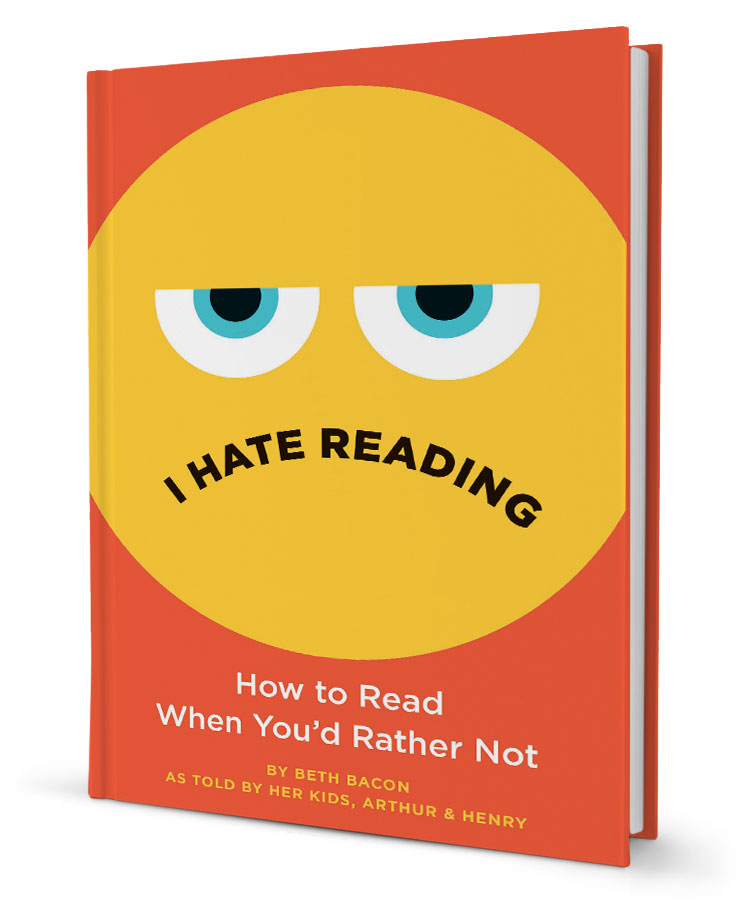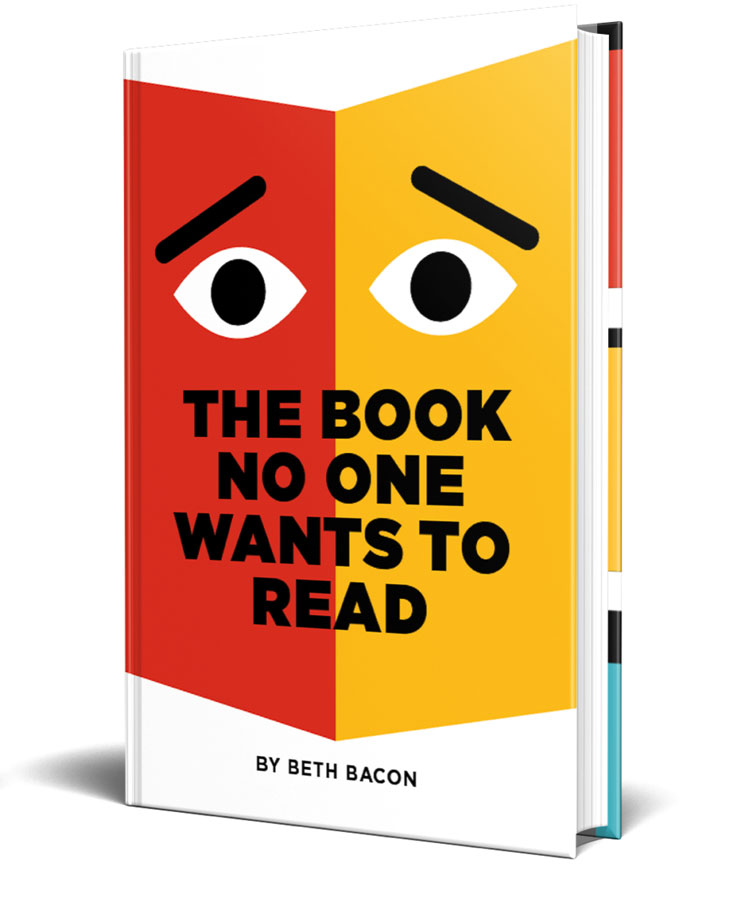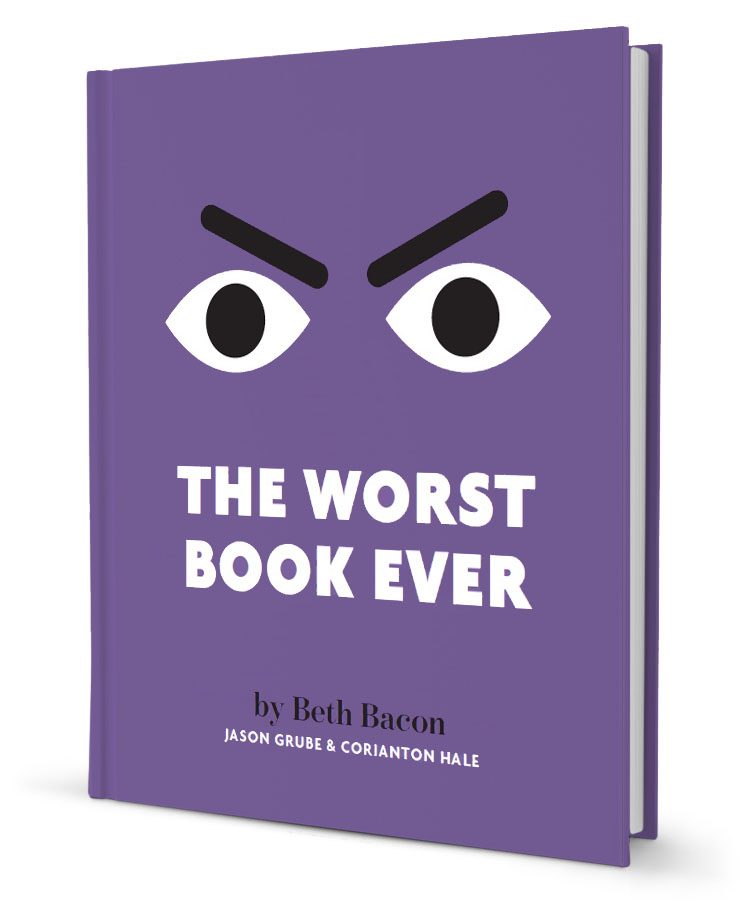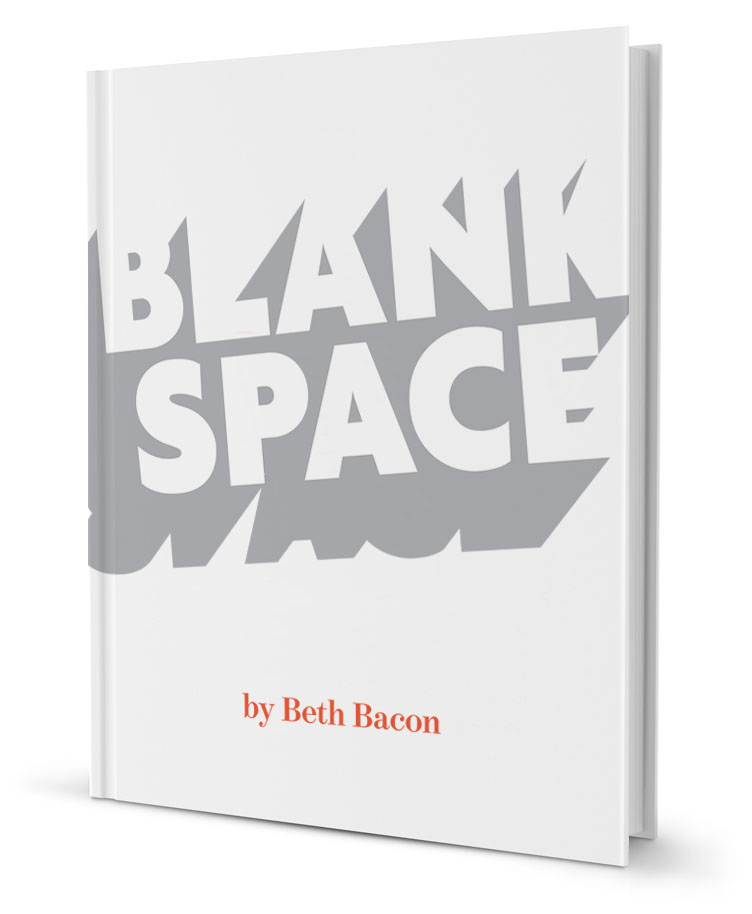 In children’s literature, it’s easy to find protagonists who love to read. Positive role models who love to read abound in children’s literature. I recently re-read Pam Munoz Ryan’s beautiful Becoming Naomi Leon. The main character finds respite in her school library. In my favorite middle grade novel of all time, Kate DiCamillo’s Because of Winn Dixie, Opal learns the powerful lesson that life can be bittersweet in her library. These are great books, no doubt.
In children’s literature, it’s easy to find protagonists who love to read. Positive role models who love to read abound in children’s literature. I recently re-read Pam Munoz Ryan’s beautiful Becoming Naomi Leon. The main character finds respite in her school library. In my favorite middle grade novel of all time, Kate DiCamillo’s Because of Winn Dixie, Opal learns the powerful lesson that life can be bittersweet in her library. These are great books, no doubt.
 But what about inspirational protagonists who don’t like to read? It’s a bit harder to find them. As a writer dedicated to honoring kids who struggle to read, I wonder about the subtle messages we authors give to our kids by glorifying super-readers in our books.
But what about inspirational protagonists who don’t like to read? It’s a bit harder to find them. As a writer dedicated to honoring kids who struggle to read, I wonder about the subtle messages we authors give to our kids by glorifying super-readers in our books.
When I was a kid, I read the classic coming-of-age novel, A Tree Grows In Brooklyn by Bettie Smith? Francie was on a quest to read every book in the library. Every book! Now that’s a super reader. Just reading about her made me feel inadequate. I liked to read, sure. But I wasn’t anywhere close to a Francie-caliber reader. I told myself this was fiction. I didn’t think it was possible to read so many books. Then a friend’s mother told me she had read every book in her library as a kid. Maybe this mom way exaggerating, but why would she lie? Now I felt like a terrible reader. Maybe I took this all too personally because I wished I could be that kind of super-reader. Still it made a lasting impression on me. And now it makes me wonder, do struggling readers perceive a bias against them in books? (Any kidlit academics out there want to create a survey?)
A book that speaks to the experience of reluctant readers
I wrote my first book, I Hate Reading, with no particular purpose in mind—as most true authors do. The story formed, it made me laugh, it made my kids laugh, a publisher bought it. But now that it’s been out for a while (released by Highsmith/Upstart Books in 2008, then re-designed and self-published by me), I’ve learned a lot about the struggling reader audience it resonates with. And why. The main characters of this book are reluctant readers. And simply by putting reluctant readers in a book, this story honors the experience of struggling readers.
Reluctant readers, I discovered, are a category of children who rarely see themselves in a book. So when kids discover that they aren’t the only ones who have a strained relationship with reading, they feel validated. And when this validation comes in the form of a (gasp) book that they are actually (yikes) reading… the resulting humor releases tension and the whole struggle seems to fall away.
We need to see more striving readers in books.
All kids deserve to find their tribe in a book
Here’s what one mom wrote about her child’s reaction to seeing struggling readers like her in a book:
“My 1st grader is not in to reading AT ALL. She struggles with it. …I think she just felt discouraged and different because she truly does not like reading ANYTHING. Then I forced her to read this book…within 2 pages, she lit up. She found her tribe. Other kids feel the same as her!? What? They pick books with big pictures so there are less words? Like she does? This book touched her in a place that no other book has and honestly made her feel not so alone. She thought is was hilarious. It also sends a message that all parents, schools and teachers make kids read (not just struggling readers), and it is OK if you are one of the kids that secretly hates it.”
The book I Hate Reading is a rebellious book. It’s loud and it’s proud about celebrating the experience of the reluctant reader. In content and structure, it defies all the rules I learned in my MFA program. There’s no narrative arc. It’s basically just a list—and a list that diverges readily into random tangents. There is no stable point of view. Not only does it employ first, second and third person, it refers to itself as a book. It puts the dedication in the wrong place and includes a blank spread.
If a person tried to analyze I Hate Reading, they could list a ton reasons why it simply shouldn’t work as a story. But it makes kids laugh. It’s full of irony. Full of unexpected jolts. The thing is, right below the surface of all this bluster, there’s truth.
Truth about the difficulties and absurdities of learning to decode written English language. Truth about the way it feels when parents and teachers push kids to read. Truth about how, under this pressure, kids can still find freedom and fun.
Struggling readers can be heroes, too
In experiencing real kids’ reactions to I Hate Reading, I’ve learned that a book that honors struggling readers is a very rare thing. I now believe this shouldn’t be. Learning to read isn’t an easy thing to do. And it’s even harder if you’re someone who doesn’t readily sit still or learns in a non-normative way.
Still, these kids are as loveable and heroic as any other protagonist. And these kids can still learn to read—though maybe each in their own chaotic way.







0 Comments